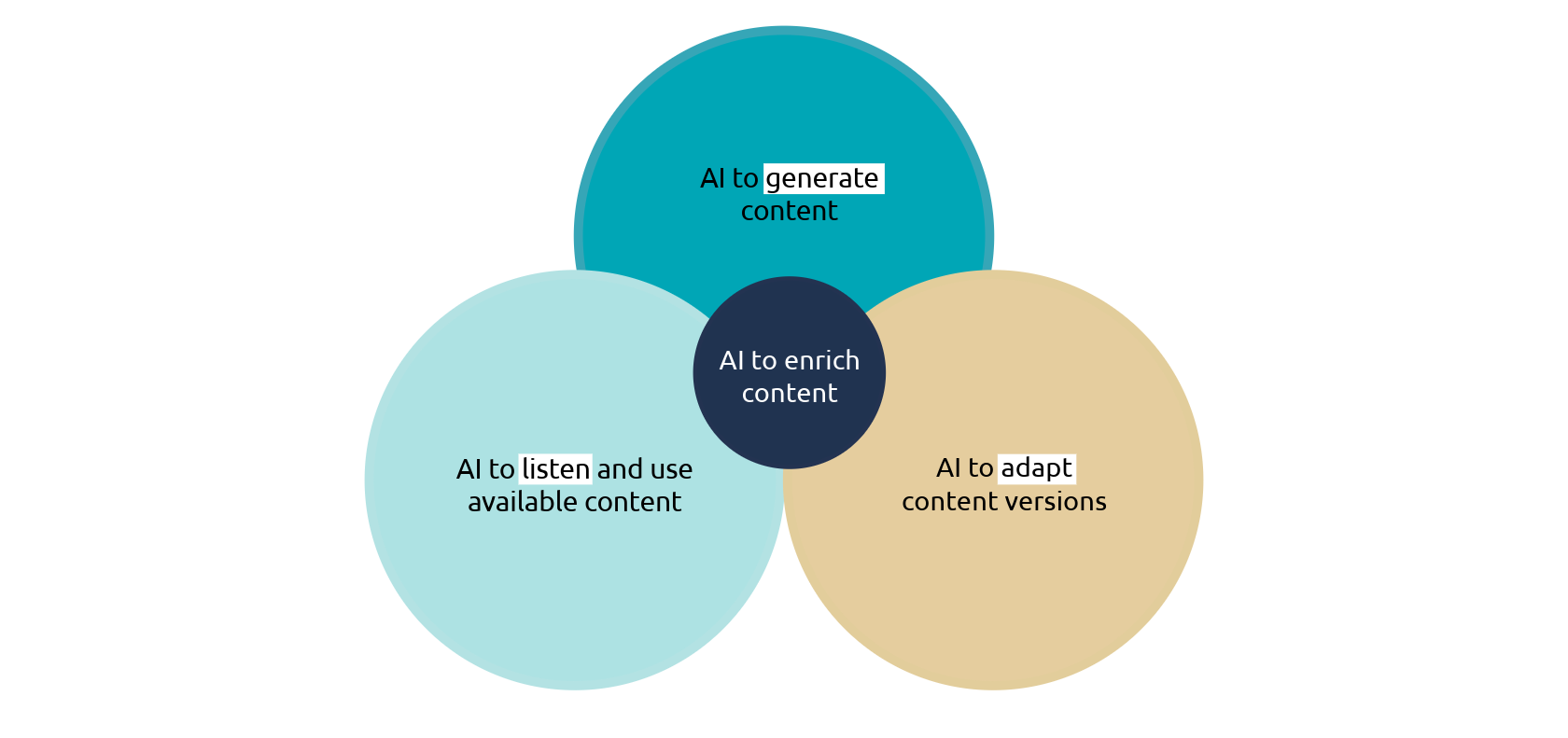Digital marketing is constantly evolving. At the heart of this transformation, Artificial Intelligence (AI) and Generative AI (GenAI) are emerging as driving forces. They are transforming strategies and redefining the customer experience, acting as real levers for growth and performance. Their ability to bring greater precision to data analysis and large-scale personalization is becoming crucial. GenAI, in particular, is multiplying our capabilities for content creation and, more broadly, task automation, from targeted campaign management to visual production.
The emergence of GenAI marks a real paradigm shift. While Artificial Intelligence, with its foundations in Machine Learning and Deep Learning, has been around for decades, the arrival of models such as ChatGPT, Mistral, and Gemini has democratized the ability of machines to create text, images, or video by understanding natural language. Tools are now adapting to humans, transforming marketing perspectives.
To grasp the full scope of these transformations, let’s look at how AI structures our marketing actions: it enhances our ability to understand customers, predict their behavior, measure the impact of our campaigns, and orchestrate all of these processes in an omnichannel and automated manner.

